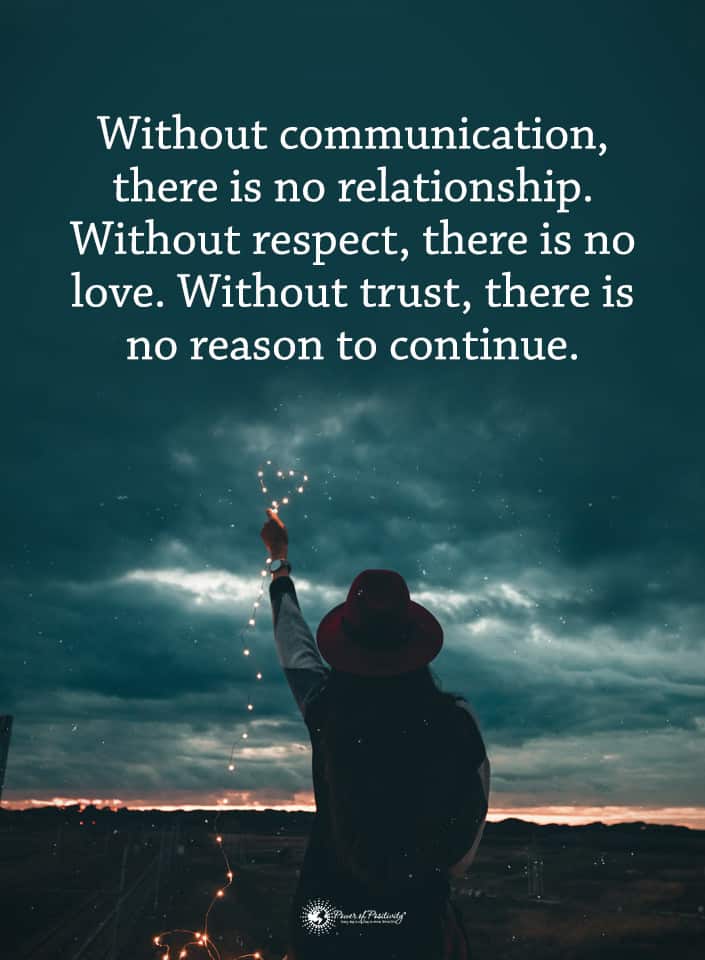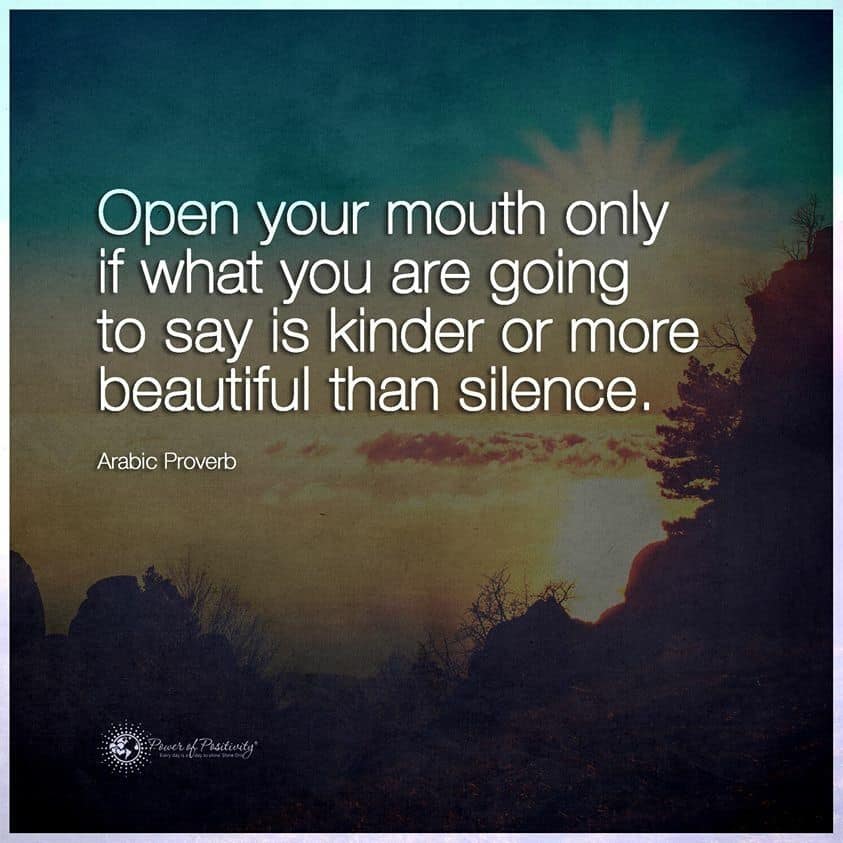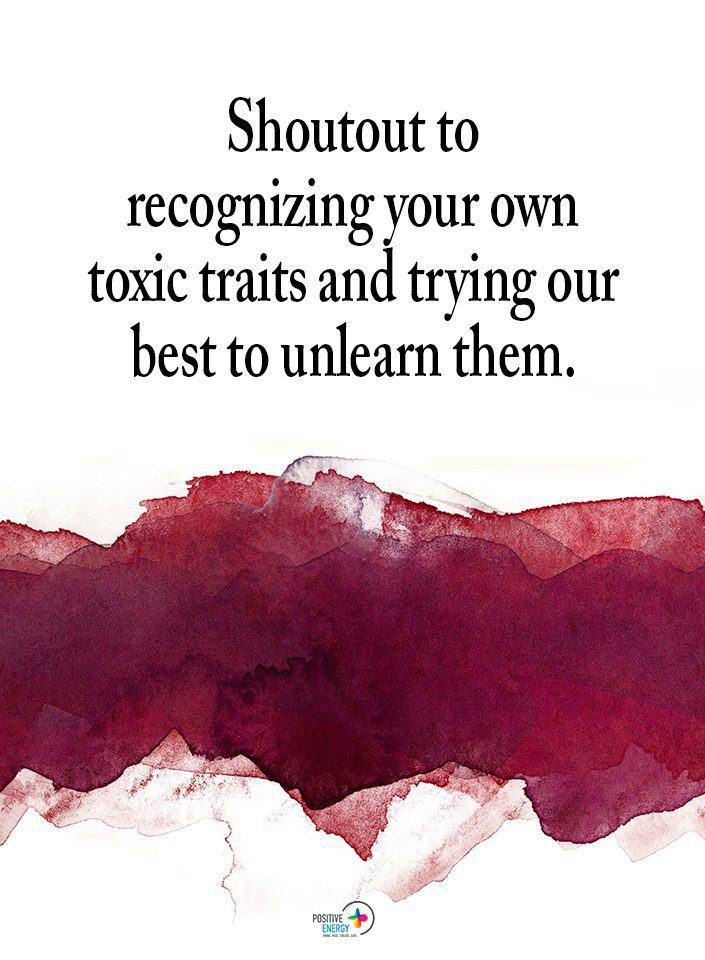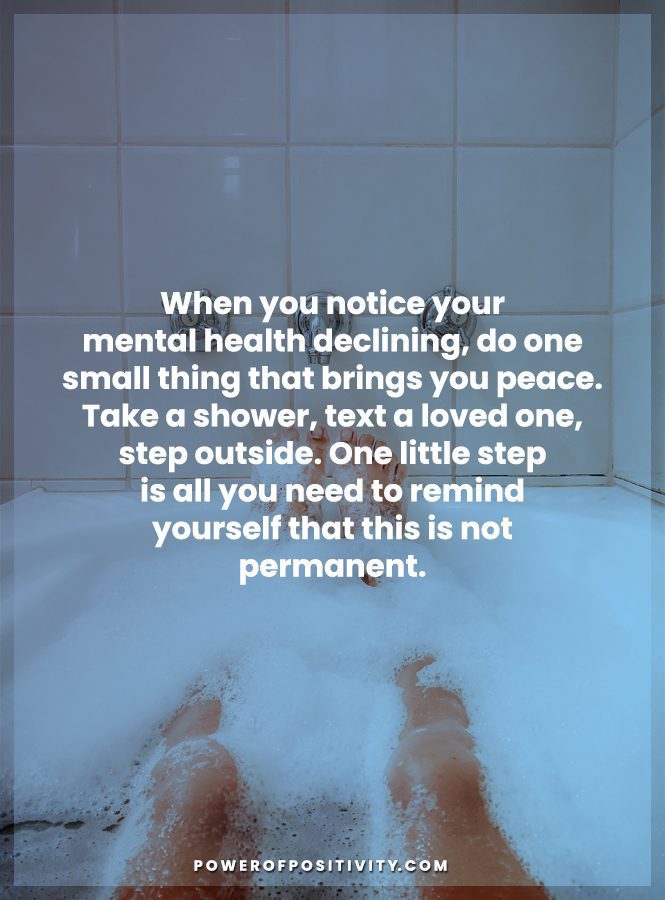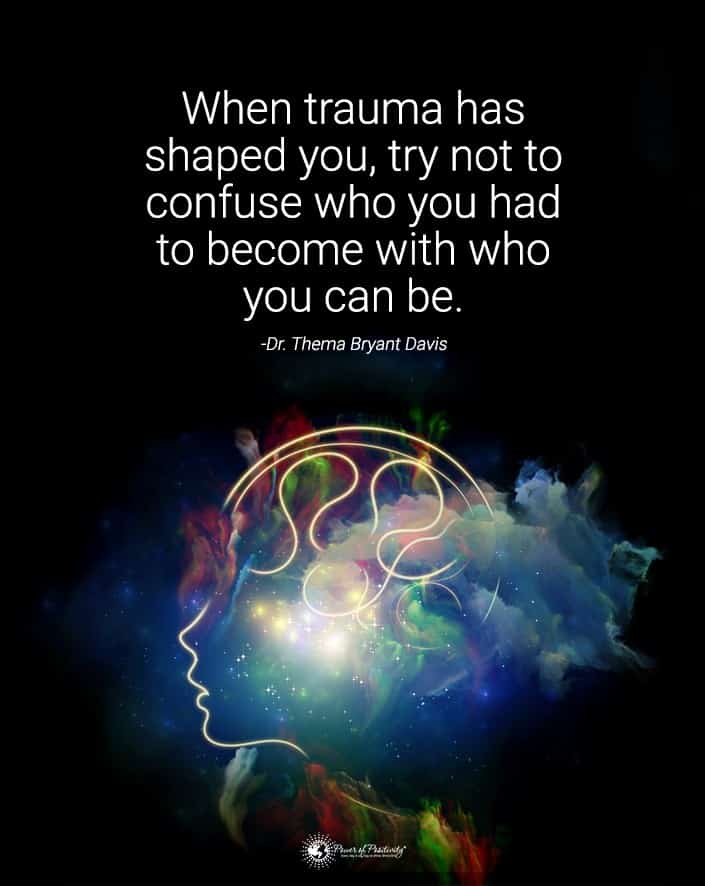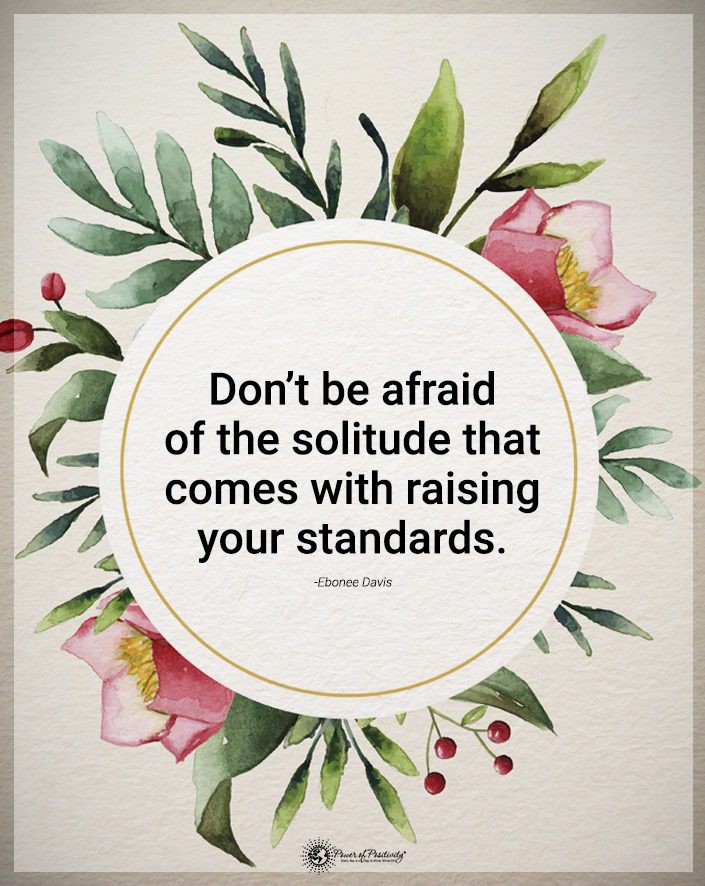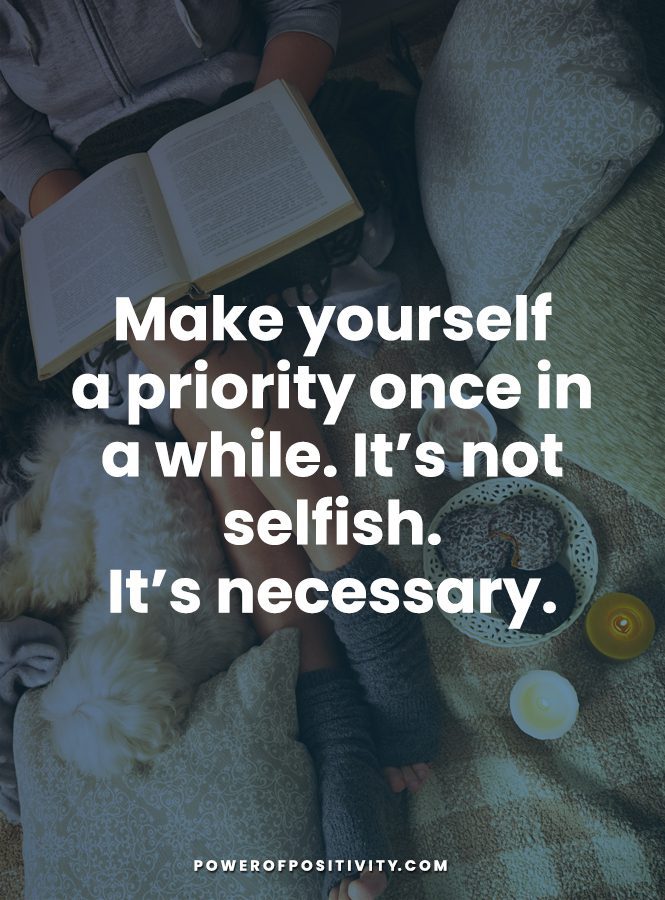There are many benefits to reaching your fitness goals, and daily affirmations can help you stay on track. Regular exercise can make you feel better and become healthier. Sometimes you might want to slack on your goals, but shifting your mindset can make a difference.
Repeating daily affirmations can motivate you to be physically active and achieve your goals. These phrases can help you get moving and implement your fitness routine.
These affirmations can help you convince yourself to reach your goals. You’ll want to get moving and stay active rather than give in to the urge to skip your routine sometimes.
Fifteen Affirmations to Help Reach Your Fitness Goals
Reaching your goals can be hard, especially if you lose motivation. These affirmations can help you remember what you’re striving for and why you want to achieve it.

1 – I love my body and how good it feels to exercise.
Your body can do amazing things, from keeping you moving, protecting you, and allowing you to meet your goals. This affirmation reminds you to love your body and encourages you to focus on how you feel. You’ll experience feelings of love as you think about how physical activity makes you feel, making you want to keep going.
2 – I am becoming healthier and happier.
As you become physically fit, you’ll feel happier and healthier. This affirmation can make you want to keep making healthy decisions and take care of your body. Before you know it, you’ll be closer to your goals and feel better than ever.
3 – I am pushing myself until I reach my goals.
You’ll want to give up on your goals sometimes, but don’t give in to the urge. This affirmation can encourage you to push through when you don’t want to try anymore.
4 – I crave exercise and the energy it gives me.
Exercise boosts your energy levels, and many people find that it makes them feel good after the workout. Using this affirmation reminds you of that energy increase, making you want to achieve it again. It also helps you recognize how much better you feel.
5 – I make the time to exercise.
Life gets busy, and you might think there’s no time to be physically active. However, you can make time for anything you prioritize, and exercise should always be near the top of your list. This affirmation can help you make it a habit to set aside time for physical activity and improve your fitness.
6 – I am increasing my skills and abilities.
You’ll gradually improve in all areas when you focus on your goals. It’ll make you stronger and more flexible and improve your overall health. Take the time to express gratitude for your growth and encourage yourself to keep going.
7 – I embrace my strong body that allows me to move.
When you embrace your body as it is now, you’ll appreciate how it allows you to move. It enables you to exercise and focus on your health while boosting your confidence.
8 – I feel healthier each day when I stick to my fitness plan.
Sticking to your plan offers a sense of accomplishment even if you can’t see the results. You’ll feel better and healthier, especially when you use this affirmation as a reminder that every action helps.
9 – I am in control of my health and well-being.
No one can prevent you from making healthier choices. Use this affirmation when you look for excuses about why you can’t eat healthy or exercise. It can help you ignore the excuses and take charge.
10 – I am proud of my achievements and will keep going.
If you’ve achieved some of your short-term goals, it’s an achievement to be proud of. Repeat this affirmation if you get discouraged by your progress. It can give you the motivation to keep going and progressing toward your long-term goal.
11 – I am open to new ways to reach my fitness goals.
Switching up your routine can keep things fun and exciting. Don’t shy away from trying new methods or exercises.
12 – I get stronger every time I exercise.
You make a little progress each time you do physical activity. Remind yourself of the strength you gain as an encouragement to build more.
13 – I am meeting all my fitness goals.
You may not have reached all your goals yet, but you’re getting there. This phrase reaffirms that you’re making it happen and will continue to progress.
14 – I am grateful for my body and feel better every day.
Your body might not be where you want it to be, but you get closer every day. Using this affirmation encourages you to keep doing what it takes as you know you’ll experience benefits.
15 – I am determined to get healthier and meet my goals.
Determination is essential for the lifestyle changes it’ll take to get healthier. You can make it happen, especially when you tell yourself that you are determined and ready to make it happen.
Besides Affirmations, Here Are a Few Other Ways to Reach Your Fitness Goals
Daily affirmations can help you reach your goals, but you can try other methods. You can use these ideas while repeating affirmations, ensuring you stay motivated.
1 – Specify Your Goals
If you don’t specify your goals, you won’t have anything to work toward. Consider your short- and long-term goals to know where to start and where you want to end up.
A long-term goal might have a 12-month timeline, and it’s what you want to achieve during that time. When you choose it, write it down and hold yourself accountable. Use it as a constant reminder to keep making healthy choices.
Base your short-term goals on your long-term plan, using them as stepping stones to achievement. These goals include monthly or weekly goals that help you get to where you want to be. Your goals should be measurable so that you can track progress. Seeing how well you’re doing motivates you to keep going, and it can indicate when you should make a change.
Your goals should also be attainable so that you don’t set yourself up for failure. If your plans aren’t realistic, you’ll get frustrated and be more likely to give up. Set goals that you can achieve, and set more challenging ones as you go along.
2 – Plan and Create a Routine
Once you have specific goals, plan how to achieve them and implement a routine. Your plan should include exercise and nutrition to improve your overall health. Set a routine that works with your schedule and allows you to work out enough each week.
3 – Add Variety
You’ll get bored if you do the same physical activity or eat the same foods each day. Adding variety makes it enjoyable, and you’ll determine which exercises you like best.
You can also switch up where you work out by choosing from the gym, home, in the park, or a fitness class. Exercising can be different daily, but ensure you include strength training, cardio, and high-interval training.
4 – Track Your Progress
Use a fitness journal to track your progress and motivate you to keep going. You’ll see your journey and recognize that your effort is working.
5 – Determine How You Like to Build Strength
You don’t have to use a weight bench to build strength, so don’t let it scare you away from strength training. If you don’t enjoy the weight bench, you can try yoga to help build muscle.
Yoga also increases flexibility and improves posture, making it a beneficial alternative. Anyone can do yoga because there are poses for all skill levels. You can even try Asana yoga for strength-building to add a bit of a challenge.
Yoga isn’t the only other option for strength training, as you can also try:
- crunches
- squats
- pushups
- resistance bands
6 – Learn What Works (Combining Affirmations, Eating Well, and Exercise)
You can’t expect healthy eating alone to help you reach your goals. Likewise, you can’t achieve the best results if you eat unhealthily and justify it by exercising. Research shows that a mixture of healthy eating and regular exercise is best for losing or maintaining weight.
Learning what works is easier if you keep a fitness journal. You can use it to determine which exercise and diet regime produced the best results and what didn’t work as well. Use this information to adjust your lifestyle to help you reach your goals.
7 – Improve Your Diet
You aren’t likely to reach your goals through exercise alone. You must also improve your diet and make healthier choices. Healthy eating habits can improve your overall health in the long run and help you get the most out of your workouts.
8 – Prioritize Sleep
Getting plenty of quality sleep can make all the difference in reaching your goals. Not getting enough sleep can lead to burnout, making you less likely to exercise. When you’re experiencing burnout, you’ll also push yourself as hard during your workout, interfering with your results.
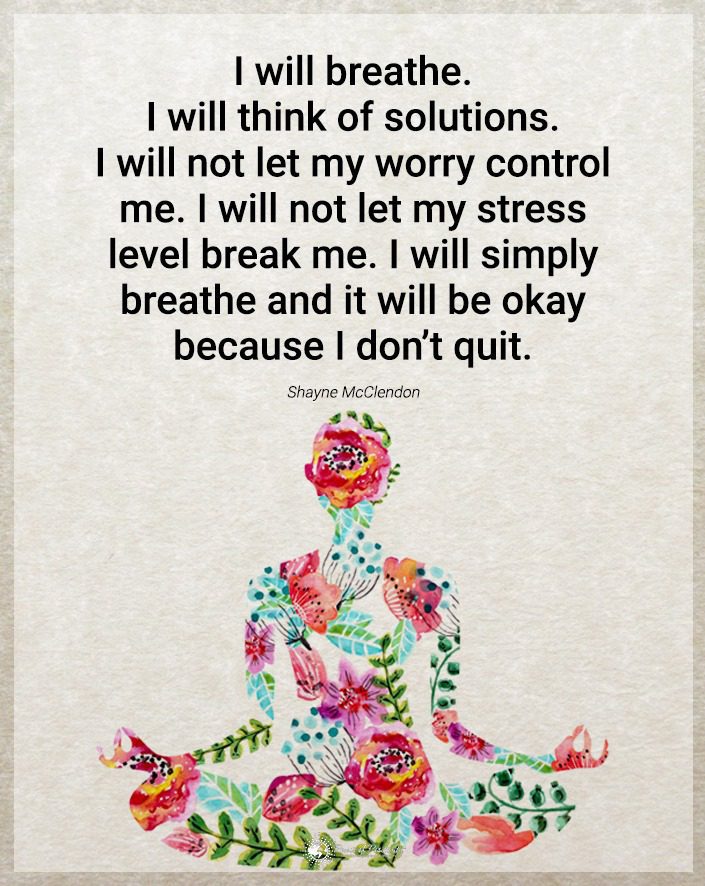
Final Thoughts on Daily Affirmations to Help Reach Your Fitness Goals
Setting your goals is the first step in making them happen. However, finding the motivation to stick to the plan and push yourself to achieve the desired results is essential. Daily affirmations can make a difference in getting you moving and sticking to your nutrition plan.
Aim for your short-term goals, setting more challenging ones each time you reach them. Before you know it, you’ll be close to achieving your long-term goals, helping you become the healthiest and fittest version of yourself. It takes hard work and perseverance, but these affirmations will help you achieve anything you set your mind on.


